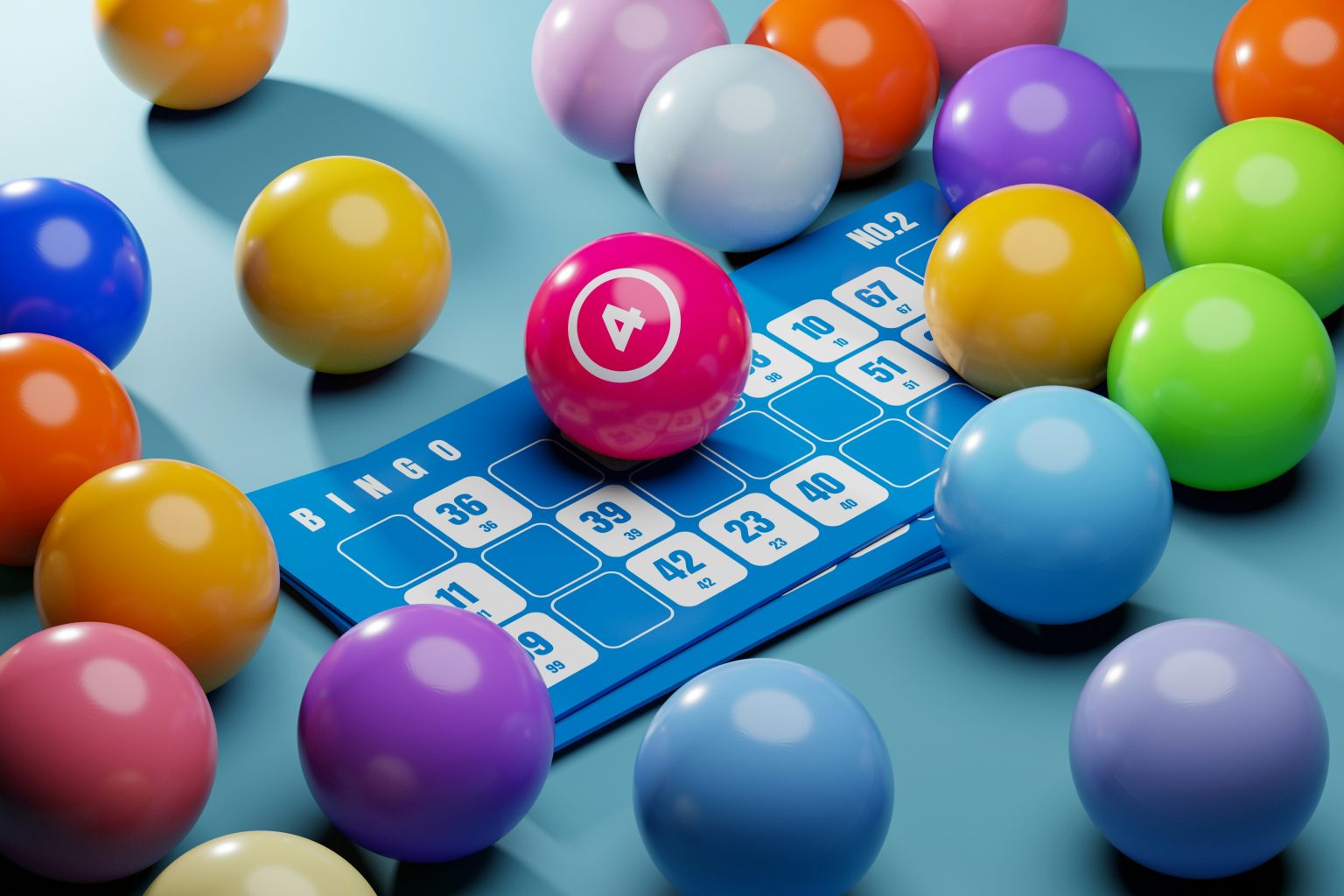International Lottery Day, celebrated on August 27th, is a day filled with joy and excitement, where people around the world unite to try their luck. Lotteries have a rich history, dating back to ancient times when they were used to fund important projects. From the Chinese Han Dynasty’s keno slips to modern-day lottery games, the tradition of dreaming big and hoping for that life-changing win continues.
The essence of International Lottery Day lies in the universal appeal of taking a chance and the thrilling possibility of a big win. Millions of people participate in various lotteries, with some eyeing the massive jackpots of games like EuroMillions and others enjoying simpler games like the UK National Lottery. Each ticket holds the promise of a better future, igniting dreams and aspirations.
International Lottery Day also highlights new ways to enjoy lottery-style games, such as the mobile game “Lucky Scratch,” which has gained popularity in the UK. This day serves as a reminder of the simple joys of hope, luck, and the shared excitement that comes with participating in a global event.
The History and Significance of Lotteries
Lotteries have a long and varied history, dating back to ancient times and ranging across many cultures. They have played a key role in funding public projects, charitable causes, and providing entertainment to countless people.
Origins and Evolution
The origins of the lottery can be traced back to ancient China where evidence of keno slips from the Han Dynasty suggest they were used to fund major projects, like the Great Wall. In Europe, lotteries emerged during the Roman Empire, often held during dinner parties.
Lotteries arrived in England in the late 16th century. Queen Elizabeth I instituted the first English lottery in 1569 to fund public works, such as the repair of roads and the building of ports.
The Spanish Christmas Lottery is among the oldest, originating in 1812. Known as El Gordo (“The Fat One”), it is famous for its massive payouts. The lottery system in America began in the early 17th century. The first recorded American lottery took place in 1612, organised by the Virginia Company to support the settlement of Jamestown.
During the American Revolution, lotteries helped fund the war effort. The Olympic Act in 1997 established a lottery in the UK to fund British athletes’ training, showcasing the lottery’s impact on society.
Lotteries and Society
Lotteries have significantly impacted society by generating funds for public projects and charitable causes. They provide money for education, healthcare, and infrastructure, such as roads and public buildings.
In the UK, proceeds from the National Lottery support good causes, including arts, sports, and heritage projects. Lotteries also fund smaller, community-based initiatives that might otherwise lack resources.
Charitable gaming in the USA, including state-run lotteries, raises billions annually for public education and other social services. The Spanish Christmas Lottery contributes heavily to the Spanish economy every December with massive participation and engagement.
While often seen as a source of entertainment, lotteries can also be a form of voluntary taxation, funnelling money from lottery players to beneficiaries like schools, hospitals, and other public services. The appeal of the jackpot and the thrill of winning smaller prizes sustain public interest and ensure ongoing support for these causes.
Celebrating International Lottery Day
International Lottery Day is all about capturing the excitement and hope that lottery games bring. Everyone gets a chance to dream big, share the fun with others, and maybe even win life-changing prizes.
How to Participate
Participation in International Lottery Day can be simple or extravagant. One way to start is by purchasing a ticket—whether it’s a scratch-off or a multi-million euro jackpot entry. There are various popular lotteries to choose from, such as EuroMillions, Oz Lotto, and Lotto 6/49.
Organising a lottery pool can add to the fun. Share the anticipation with coworkers or friends, splitting both the cost and potential winnings.
Hosting a lottery party is another great way to get involved. Invite friends and family for a night of games, food, and ticket-buying. Together, you can celebrate any winnings and cheer each other on.
Cultural Impact and Popular Lotteries
Lottery games have a notable cultural impact, fostering a sense of shared dreams and excitement. In Spain, the Lotería or Spanish Christmas Lottery captures national attention with its massive prizes and tradition of sharing tickets among friends, family, and even whole communities.
Popular lotteries like Eurojackpot and EuroMillions attract players globally with their huge cash prizes. These games offer opportunities for instant wealth and the thrill of anticipation.
Scratch-off lottery tickets, which are more common in places like the UK, provide a quick win experience, adding daily excitement and hope. Wealthy winners often dream of new mansions or lavish holidays, showcasing how these games fuel the imagination.



